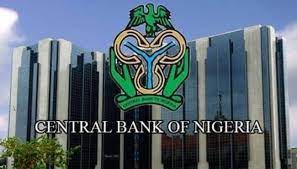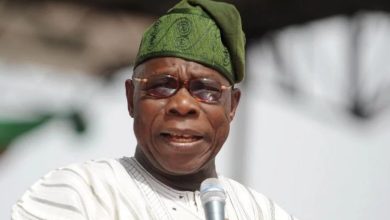CBN applauds Nigeria’s removal from FATF grey list

The Central Bank of Nigeria (CBN) has welcomed the Financial Action Task Force’s (FATF) formal removal of Nigeria from its “grey list” of jurisdictions under increased monitoring.
Mrs. Hakama Sidi-Ali, CBN’s Acting Director of Corporate Communications, announced the development on Saturday, attributing it to successful reforms implemented across Nigeria’s financial system.
“The FATF’s decision follows a two-year reform programme coordinated by the Federal Government, involving multiple agencies including the CBN, Federal Ministry of Justice, the Nigerian Financial Intelligence Unit (NFIU), and the EFCC,” she said.
Nigeria was added to the grey list in February 2023 due to strategic deficiencies in combating money laundering, terrorist financing, and proliferation financing.
According to Sidi-Ali, FATF’s evaluation recognized significant improvements in regulatory, supervisory, and enforcement frameworks.
The reforms included strengthened oversight of financial institutions through updated Anti-Money Laundering (AML) and Combating the Financing of Terrorism (CFT) regulations, risk-based supervision, fit-and-proper assessments, and expanded compliance reporting across remittance channels, bureau de change, and fintech platforms.
Enhanced inter-agency data sharing and the implementation of market governance tools, including the Foreign Exchange Code (FX Code) and Electronic Foreign Exchange Matching System (EFEMS), were also credited.
“These measures have materially strengthened Nigeria’s compliance with global standards and reinforced confidence in the integrity of its financial system,” Sidi-Ali said.
She added that the removal from the grey list is expected to lower compliance costs, improve access to international finance, accelerate cross-border transactions, and support trade settlements, remittances, and foreign exchange availability, boosting economic growth and financial inclusion.
Sidi-Ali also noted that global rating agencies, including Moody’s and Fitch, have upgraded Nigeria’s outlook, reflecting stronger external balances, credible policy execution, and renewed monetary policy credibility.



